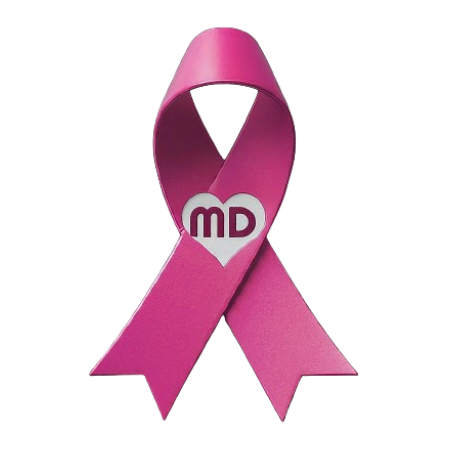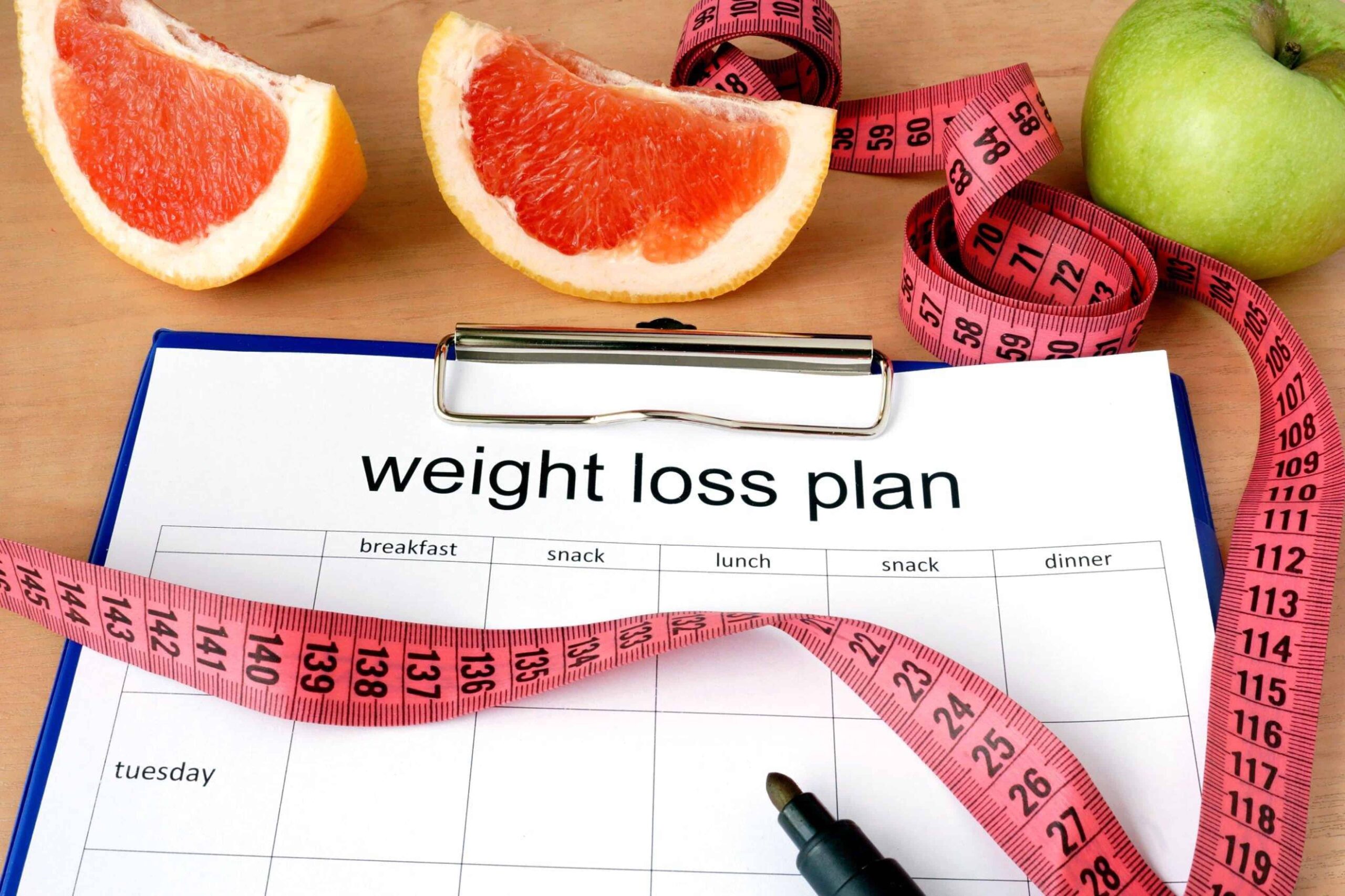As women, we spend decades trying to prevent pregnancy, only to have the second half of our adult lives dominated by trying not to get pregnant. The onset of menopause signals the end of fertility, and for many women, it also brings frustrating weight gain and body changes.
Up to 90% of perimenopausal and menopausal women struggle with weight gain and new fat distribution as hormone levels shift. And losing weight often feels impossible even with healthy eating and regular exercise. This can negatively impact self-esteem and quality of life. But take heart! With some dietary tweaks and lifestyle changes, you can gracefully embrace this transition while managing your weight.
This 5-day menopause diet plan focuses on fresh, nutrient-dense foods to nourish your body during hormonal changes. Combined with regular activity, stress relief practices and positive lifestyle habits, it puts you firmly on the path to better health during perimenopause and beyond.
Table of Contents
Understanding Weight Changes and Menopause
Let’s start by looking at what happens during the menopausal transition and why weight gain occurs:
- Hormone changes. As estrogen declines, more androgenic hormones become prominent. These hormones encourage fat storage around the abdomen rather than hips and thighs. Menopause officially occurs when a woman has no menstrual period for 12 consecutive months. But hormonal changes can begin 8-10 years before, during the perimenopause stage.
- Slower metabolism. In addition to hormonal shifts, metabolism naturally slows with age. But the rate doubles during the menopausal transition. Women over age 50 often require 200 fewer daily calories than premenopausal women to maintain weight.
- Loss of muscle mass. Lower estrogen corresponds with accelerated loss of lean muscle mass. Since muscle tissue burns more calories than fat, this decreases metabolism further. Weight gain ensues.
- Lifestyle factors. Hormones alone don’t necessarily cause menopausal weight gain. Poor sleep, chronic stress, inadequate exercise and nutritionally-void foods also contribute. But when combined with metabolic and muscle changes, even small diet and lifestyle issues become magnified.
The impact of weight gain can extend beyond clothing size for menopausal women. Excess abdominal weight raises disease risks, including high blood pressure, heart disease and diabetes. Unwanted weight gain also negatively affects self-image and quality of life for many. But knowledge is power! Understanding exactly WHY this weight gain occurs puts you in control to implement helpful changes.
The 5-Day Menopause Diet Plan
This 5-day meal plan focuses on fresh, nutrient-dense whole foods to nourish your body during hormonal changes. Each day contains moderate portions of healthy complex carbohydrates, plant-based proteins and beneficial fats. Here’s an overview:
Day 1:
- Breakfast – Veggie omelet with avocado toast
- Lunch – Lentil and brown rice salad with vinaigrette
- Dinner – Broiled salmon with quinoa and roasted Brussels sprouts
- Snack – Mixed berries with toasted almonds
Day 2:
- Breakfast – High protein pancakes with fresh blueberries
- Lunch – Chickpea and couscous soup
- Dinner – Baked chicken breast with sweet potato and broccoli
- Snack – Nonfat Greek yogurt with cinnamon and walnuts
Day 3:
- Breakfast – Breakfast taco with eggs, black beans, salsa
- Lunch – Falafel pita with hummus, tomato, cucumber
- Dinner – Veggie and tofu stir fry with brown rice
- Snack – Celery with almond butter
Day 4:
- Breakfast – Overnight oats with chia seeds, almond milk
- Lunch – Chopped kale salad with quinoa, cranberries
- Dinner – Turkey meatballs with whole grain pasta, marinara
- Snack – Apple slices with peanut butter
Day 5:
- Breakfast – Smoothie with spinach, banana, almond butter, milk
- Lunch – Portobello mushroom burger on whole grain bun
- Dinner – Shrimp fajitas with bell peppers and onion
- Snack – Edamame lightly salted
See Appendix A for recipes and meal prep tips!
Enhancing Menopause Wellness
Physical activity, stress management and self-care practices greatly enhance weight loss efforts during menopause. Try these healthy lifestyle strategies:
- Exercise daily – Heart-pumping exercise balances hormones, protects bone health, promotes fat loss and offsets muscle loss. A mix of strength training, cardio and stretching keeps workouts interesting. Even light exercise like walking helps.
- Practice mindfulness – Simple relaxation techniques reduce anxiety and stress to improve sleep, mood and eating habits. Try meditative breathing, gentle yoga, body scans or journaling.
- Prioritize sleep – Allow 7-9 hours nightly for metabolic and hormone regulation. Limit caffeine, establish routines and create a restful sleep environment.
- Stay hydrated – Drink at least 64 oz. of pure water daily to control appetite, energize muscles, and flush toxins that disrupt hormone signaling.
- Cultivate social bonds – Isolation and loneliness negatively impact menopause symptoms. Spend time with supportive friends and community to lower stress and enhance wellbeing.
Embracing a Healthy Lifestyle
Be patient and compassionate with yourself while navigating menopausal changes. Honor the wisdom of slower weight loss during this transition. Expect hormonal fluctuations to periodically impact energy, mood and self-image. But stay focused on building sustainable healthy habits over time. Mindful nutrition, activity and self-care will empower weight management success.
This time of change invites deeper self-awareness as women tune into innate body wisdom that guides balanced functioning. Relish this opportunity to reconnect with your authentic needs. Do activities that spark joy, creativity and meaning! Embrace natural aging beauty, inside and out.
If menopause symptoms like hot flashes, insomnia, anxiety or fatigue feel overwhelming, seek support. Start with your healthcare provider. Ask about lifestyle programs, support groups, individual therapy or anti-depressant medications if needed. Friends, partners and family can provide empathy, while online communities validate experiences.
Let this diet plan be your launch pad towards graceful menopause transition and beyond! The key is consistent nourishment of mind, body and spirit. Be fiercely compassionate with yourself. And remember that each small step forwards counts as progress.
You’ve got this, sister!
Appendix A – Recipes and Meal Prep Tips
[Detailed recipes, nutrition info and make-ahead tips for each meal]
Here are some scientific reference links that could be used to support the article’s recommendations around diet, exercise, lifestyle factors, and managing menopausal changes:
Diet/Nutrition:
https://www.ncbi.nlm.nih.gov/pmc/articles/PMC6492192/ – Research on role of healthy eating patterns like Mediterranean diet to alleviate menopausal symptoms
https://academic.oup.com/jn/article/148/12/1952/5100671 – Study on micronutrient needs during menopause
Exercise:
https://www.acog.org/clinical/clinical-guidance/committee-opinion/articles/2020/01/physical-activity-and-exercise-during-pregnancy-and-the-postpartum-period – Exercise recommendations during menopausal transition
https://link.springer.com/article/10.1007/s11745-020-00612-5 – Analyzing impact of Pilates and aerobic training on fitness, symptoms
Lifestyle Factors:
https://www.sciencedirect.com/science/article/abs/pii/S2214911220300973 – addressing sleep quality
https://www.ncbi.nlm.nih.gov/pmc/articles/PMC5962322/ – managing stress through yoga & mindfulness
Weight Management:
https://www.ncbi.nlm.nih.gov/pmc/articles/PMC8007280/ – Lifestyle modifications for midlife weight management
https://academic.oup.com/nutritionreviews/article/79/Supplement_1/24/6270870 – Role of dietary components in managing weight
Let me know if you need any other references! Providing credible scientific sources lends authority.

